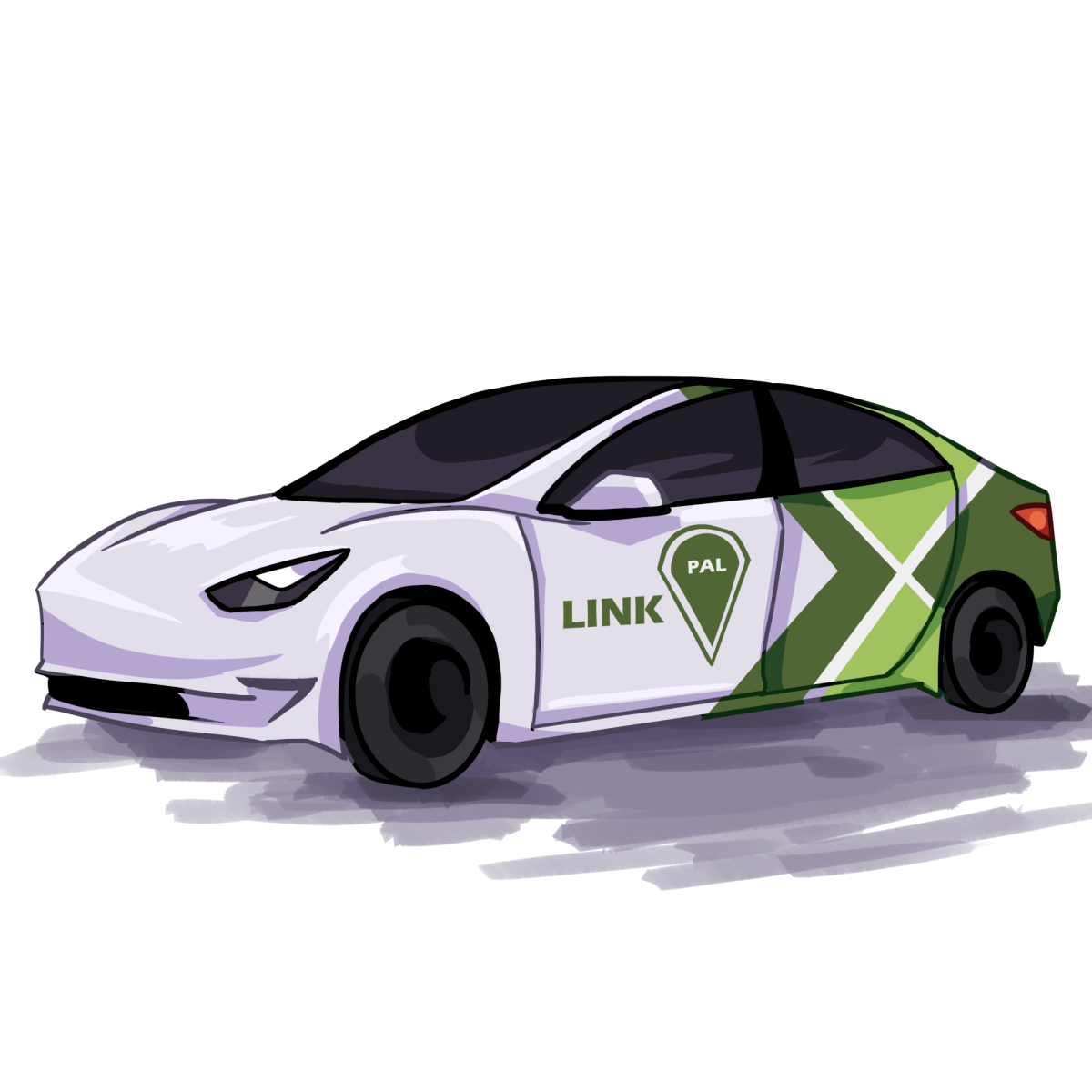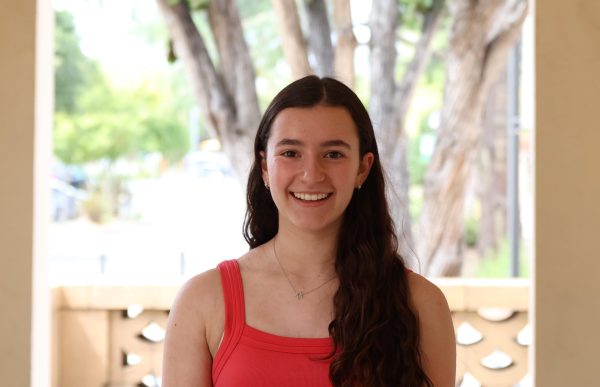Funding of $1.2 million for the Palo Alto Link, a city-wide rideshare program launched in March 2023, was unanimously approved by the Palo Alto City Council at its Nov. 4 meeting. This money should keep Palo Alto Link operating until at least June 2025 but with some changes.
In approving the deal with Nomad Transportation which runs the program for the city, the council also agreed to raise fares for one-way rides from $3.50 to $4, eliminate discounts for students, seniors, individuals with disabilities and low-income residents, and to increase the monthly pass from $65 to $130 and the weekly passes from $20 to $40. Additionally, the system will no longer provide rides to all public middle and high schools during their start and dismissal times. Councilmember Greg Tanaka proposed an amendment to not restrict rides to schools during these times, but the motion failed 5-2 with only Tanaka and Councilmember Julie Lythcott-Haims supporting the amendment.
The council is also planning on $441,000 from the Metropolitan Transportation Commission and the Santa Clara VTA and an annual contribution of up to $600,000 from Stanford Research Park in exchange for free rides for its employees to help keep the program going.
The Link has replaced several public transportation options that once operated in the city. After merging Palo Alto’s own bus lines with Valley Transportation Authority in 1972, many bus routes in Palo Alto slowly disappeared. While the Palo Alto Shuttle service was introduced to make up for the reduction in bus routes, it was halted after facing financial troubles during the pandemic.
While Link is popular with residents, Tanaka said without city funding, Link loses around $20-30 per ride if it solely relies on the funding from the VTA grant. He also said he is concerned with the program’s limited operating hours, which only provide rides during the peak commute hours of 7 a.m. to 7 p.m.
But Philip Kamhi, Palo Alto’s Chief Transportation Official, said changes are being made to address these issues.
“The Link program is undergoing updates in response to the expiration of initial grant funding, which was entirely non-city funds, as well as to address high demand during peak hours,” Kamhi said.
Senior Divij Motwani, who took Link rides over the summer, said he found the program useful and convenient and especially appreciated the student discount, which will now be eliminated.
“It’s definitely a pretty interesting piece (to have) on-demand rideshare services solely for Palo Alto,” Motwani said. “As I’ve used it, I’ve seen a lot of older individuals using it and people that are just trying to get from place to place … Unfortunately, not enough people really know about it for their main use case.”
Community member Alex Van Riesen, who spoke at a recent City Council meeting, said his son with special needs uses Link frequently to volunteer at the VA hospital.
“I feel it’s a tremendous service really to a number of people with special needs and disabilities who can not drive but can be participating and active members of our society,” Van Riesen said. “I know it’s also true for a number of people who are elderly or can no longer drive for them to remain vibrant and have access to our city, and so I think this would really be a tremendous loss to the civic nature and civic involvement in our community.”
While the restriction of rides to and from schools was a point of contention at the meeting, Kamhi said it aligns with the City Council’s goal of encouraging students to bike, walk or take the VTA to school.
“While I understand that this change may impact Paly students and may place additional demands on parents for transportation, the decision was made to encourage more sustainable transportation options,” Kamhi said.
But Lythcott-Haims said she’s worried about the potential negative impact this limitation could have on families with school-aged children.
“I do worry that the city agreeing with that and legislating that is a micromanagement of family life and circumstances,” Lythcott-Haims said. “I’m in favor of fewer regulations about who can use this thing, and it seems odd to exclude school children.”
At the meeting the Council also discussed the possibility of partnerships with other companies open to testing their autonomous vehicles in Palo Alto, which they say would reduce the cost per ride. Some preliminary discussions have already begun to form a partnership with Tesla, which hopes to test their autonomous taxis in Palo Alto.
Tanaka said this could be the ideal solution to Link’s financial deficit.
“(Tesla) is developing the self-driving taxi service, and they need a place to test it, so when I saw the financial difficulties of Link, and I heard about Tesla’s interest in doing taxi services, I reached out to them and thought, ‘Well, it’s going to be a win-win,’” Tanaka said. “They could have a place to test their taxi service, and we could directly get low-cost, if not free, shuttles for the people in our city.”
Community member BJ Frank said Link services have helped him receive life-saving cancer treatment at Stanford Hospital.
“Palo Alto Link has become a critical part of my well-being; the way in which I am able to get to Stanford in a timely fashion and receive care,” Frank said at the meeting where further funding was approved. “It is paramount to a lot of people in this community relying on accessible access to transportation.”


